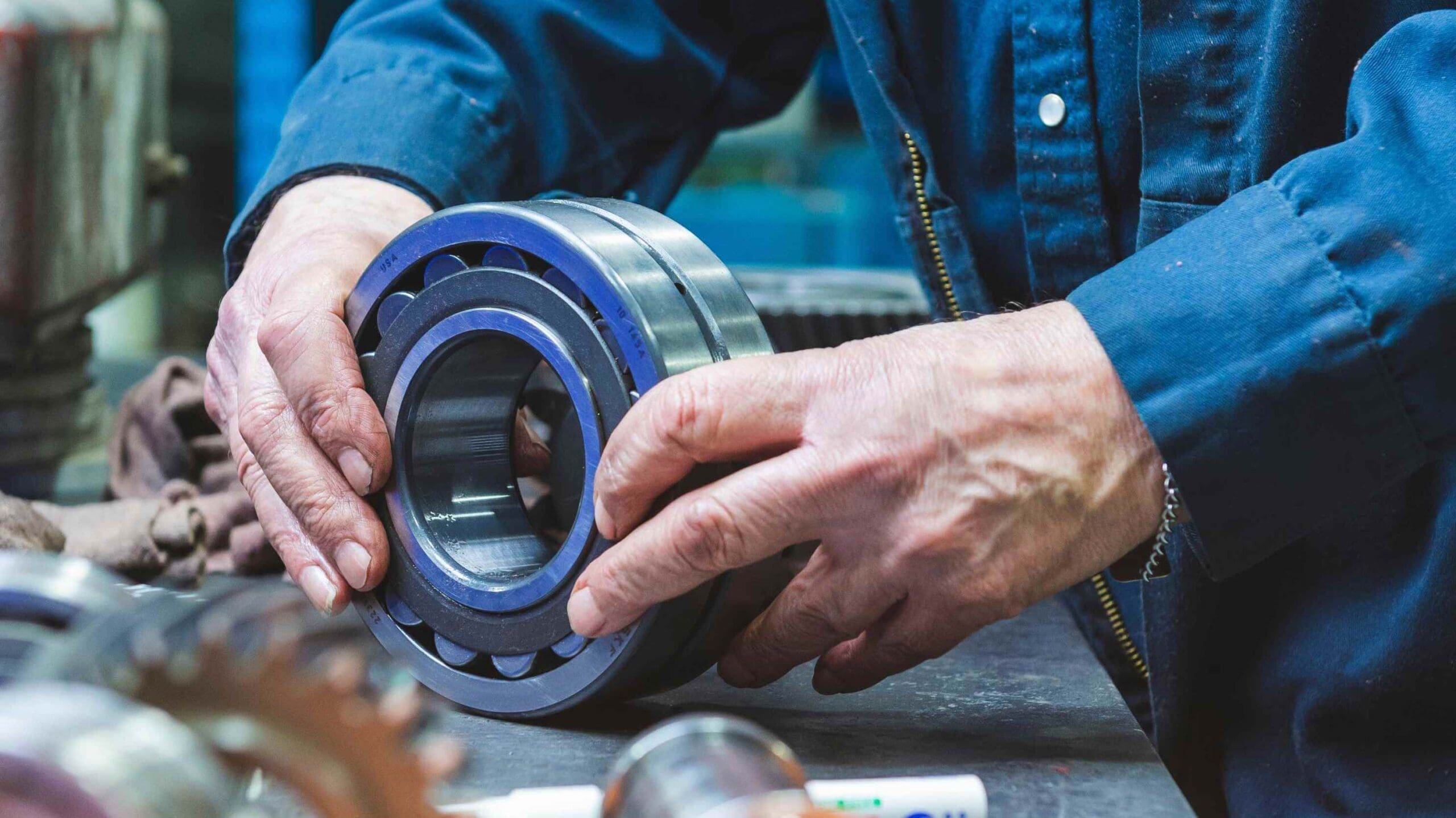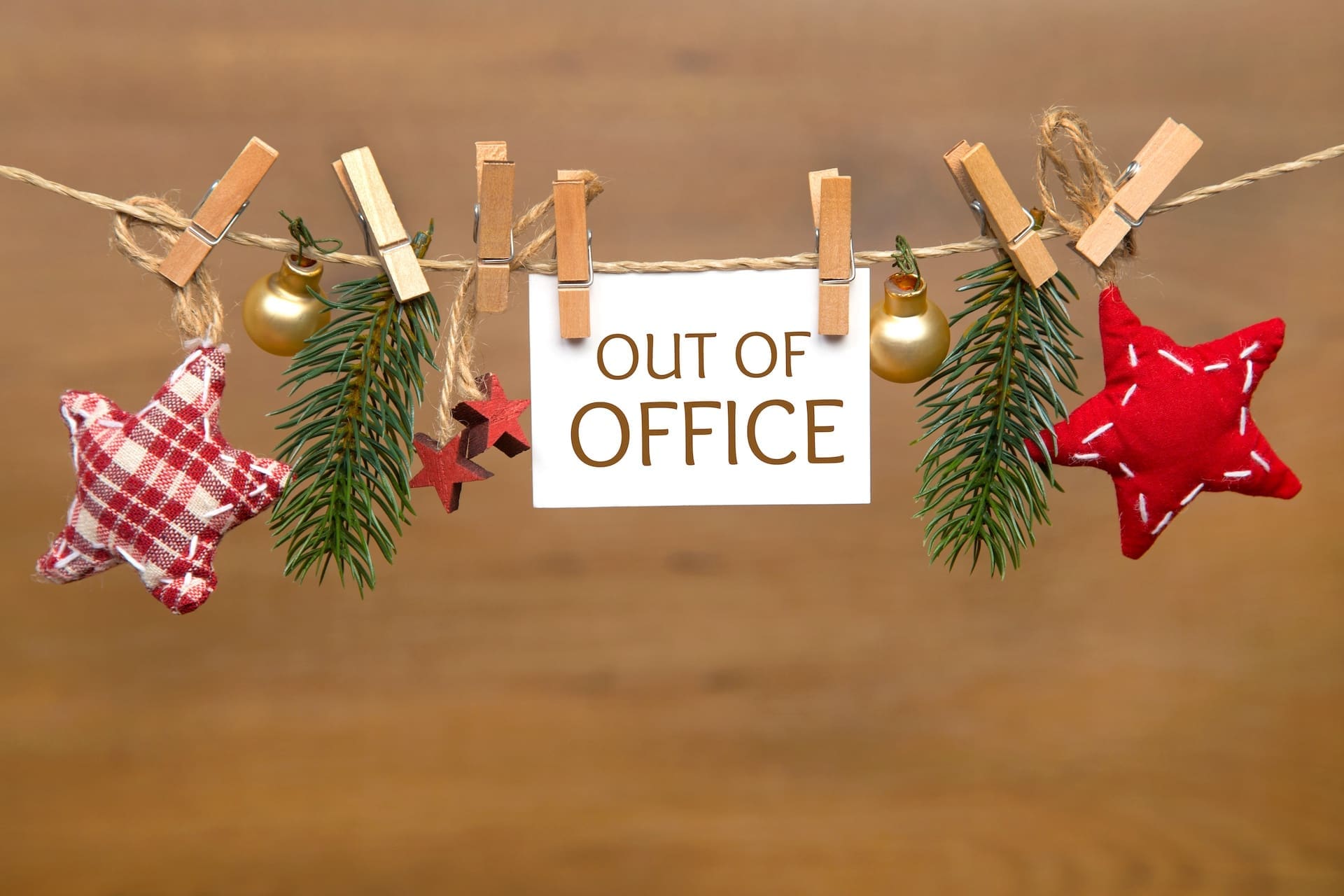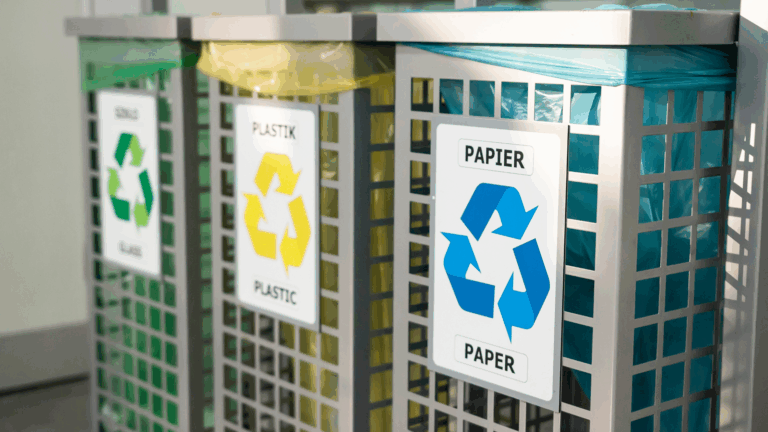
The manufacturing industry is one of the most water-reliant sectors, but there are steps you can take to save
Every industry relies on water for a smooth operation, but perhaps none more so than manufacturing. Along with healthcare and hospitality, manufacturing is one of the most water-intensive industries, and knowing how to manage commercial water supply effectively can be the difference between business success and failure.
Efficient manufacturing processes directly impact resource depletion, and effective water use can boost operational efficiency through both reduced costs and reduced waste. With that in mind, we’re going to take a look at the close relationship between water management and manufacturing success, exploring the steps your manufacturing business can take to put better water management in practice.
Water and manufacturing
The Water Resources Group reports that UK water demand is expected to exceed current supply by 40% by 2030, and this is largely due to the industries that most rely on it for their operations. Manufacturing is one such industry.
Manufacturing is an umbrella industry, including the production and transformation of goods, repair, and installation. As such, water usage within the industry is significant. For example, The Exeter Daily reports that 147.631 litres are needed in order to produce the average domestic vehicle – yes, just one car.
How is Water Used in the Manufacturing Industry?
Water is used daily in huge quantities across the manufacturing industry. This can range from clothing – globally, the fashion industry uses 93 trillion litres of water every year, which is 4% of the world’s freshwater supply – to electricity, as plants cannot run optimally if they don’t have enough water.
Pulp and paper manufacturing also consumes large volumes of water, with around 20 litres needed to produce a single A4 sheet.
Food, drink, electronics, wood, chemicals, and more all fall under the manufacturing industry umbrella, and all require huge quantities of water in order to run smoothly.

Making manufacturing more water efficient
As water demand continues to increase with the global population, water scarcity and waste in manufacturing will become an even greater issue. Steps must be put in place now to work towards a more sustainable future for the manufacturing industry.
Changing the way businesses operate, modifying operational processes, and upgrading technology can all work towards improving water efficiency in manufacturing, reducing carbon emissions and bringing a range of sustainability and cost benefits.
Behavioural changes
Creating a business culture that encourages and celebrates water sustainability can help put better water management into practice. This means fostering greater awareness and understanding of commercial water consumption and water waste, so that everyone involved in the organisation is more mindful of the way water is used.
Workforce water usage patterns might seem small on an individual level, but when working together, better water use patterns can make a big difference. These behaviours can be monitored and tracked to fuel broader policy creation.
Enhanced processes
At a regulatory level, water conservation can be prioritised and incentivised so that manufacturers take action to improve water efficiency. Throughout the manufacturing process, water should be reused and recycled wherever possible to limit the amount of water going to waste.
Improved technology
Modern tech makes water sustainability more accessible than ever. For example, leak detection systems can make regular monitoring, maintenance, and repairs easier and less costly, while recycling units and filtration systems allow water to be reused wherever possible.
Smart water devices can provide advanced data and analytics so that water quality can be continuously monitored and improved, meaning better water use throughout the organisation.

Contact Everflow today!
At Everflow, our goal is to make your utilities simpler. We ensure you get great-value contracts that are tailored to your needs and easy to manage.


